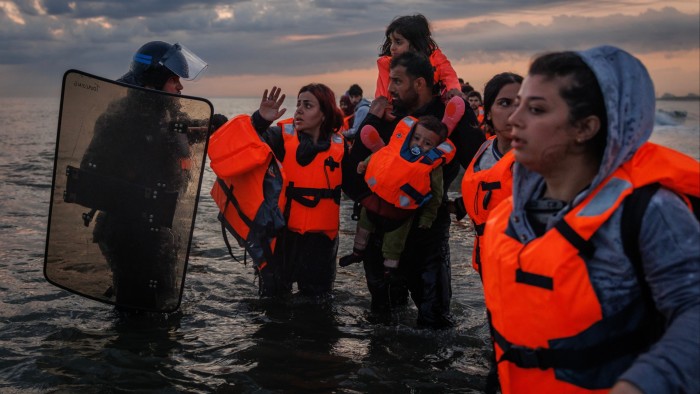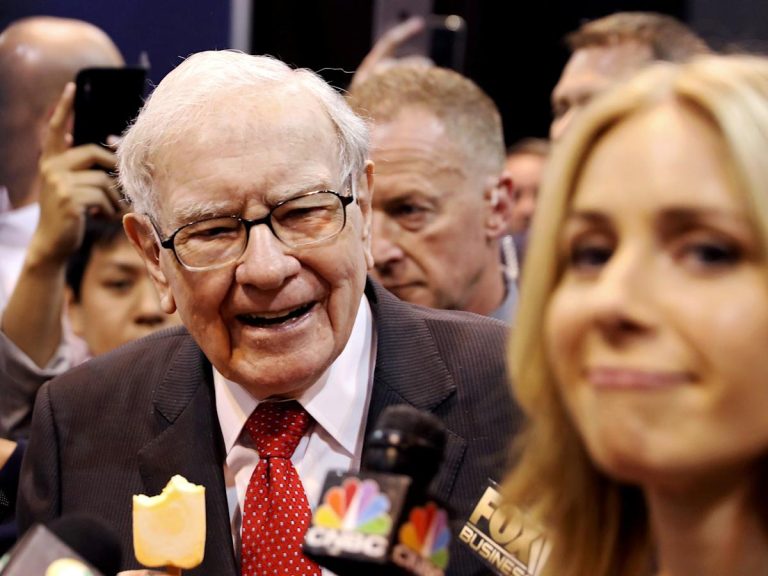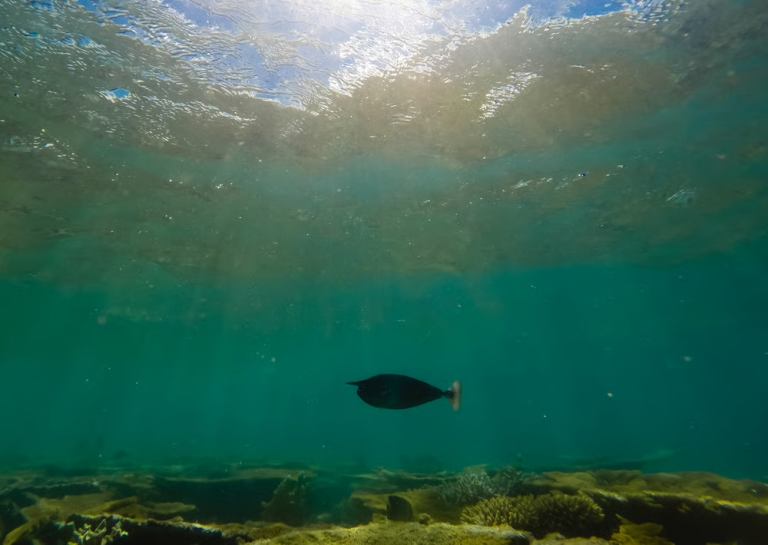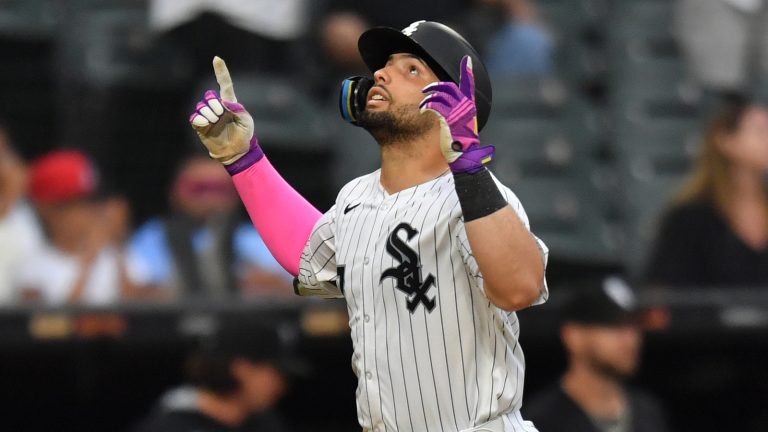Unlock the Editor’s Digest for free
Roula Khalaf, Editor of the FT, selects her favourite stories in this weekly newsletter.
Sir Keir Starmer has admitted the small boats crisis in the English Channel is “deteriorating” despite his election promise to “smash the gangs” trafficking people into the UK.
The UK prime minister met French President Emmanuel Macron at the G7 summit in Canada on Tuesday, where the two leaders agreed to boost co-operation in several policy areas at the UK-France summit in London next month.
Number 10 said the leaders confirmed that “migration should be a key focus given the deteriorating situation in the Channel”, and “that they should continue to work closely with other partners to find innovative ways to drive forward progress”.
The comments are a rare admission from the Labour government that it is struggling to achieve one of its key policy priorities to tackle small boat crossings.
Chris Philp, shadow home secretary, said that under Starmer’s leadership, the Channel crisis was “spiralling out of control”.
“The gangs are laughing, the boats keep coming and Labour’s response is to form another task force and hold a summit. It’s weak and it’s embarrassing,” said the MP.
Since becoming prime minister, Starmer has cancelled a Rwanda-based deportation scheme drawn up by the previous Conservative government.
He said that his priority instead was to “smash the gangs” that traffic people across the Channel on small boats, using measures such as a new “Border Security Command”.
He has also vowed to significantly accelerate the return of irregular migrants to their home countries in a bid to reduce the increasing cost of supporting asylum seekers and foreign national offenders.
But so far this year, 16,545 people have reached the UK on small boats, which is 45 per cent higher than this time last year. In the past week, 1,733 people crossed the Channel on small boats.
The number of crossings rises in the summer months when the weather is warmer and the sea calmer.
The figures are likely to raise questions over the likelihood of the government’s ability to meet its ambition of saving £1bn by drastically cutting the number of asylum seekers waiting for claims to be processed and ending the use of hotels to accommodate them.
On Tuesday, Starmer told reporters at the G7 that one option was to become more “transactional” on visas with countries that did not have a returns agreement with the UK.
“We have done a number of bilateral returns agreements,” Starmer said. “So the question is, again, whether it is possible to go a bit beyond that.”
The UK does not have return agreements with France or other EU countries, raising the spectre of whether the UK would look to reduce visa numbers for skilled EU workers or students in the event they do not agree a deal to take more small boat arrivals back.
Crossings have risen despite the French police using more aggressive tactics to prevent migrants from leaving beaches, including the use of batons and tear gas.
France’s interior ministry has said the rise is due to smugglers putting more people on each boat, rather than a drop in interceptions or an increase in boats leaving France.
Favourable weather and increases in the number of people coming from the Horn of Africa have also led to more crossings.
Legally, France can only intercept a boat that is already at sea in order to provide help, the ministry said in remarks made before Starmer’s comments.
France is seeking to develop a new framework by the summer that would enable authorities to intercept taxi boats in shallow waters up to 300 metres from the shoreline.

The interior ministry declined to comment on Starmer’s remarks at the G7. The Elysée did not immediately respond to a request for comment.
The UK and France have an extensive border control partnership called the Touquet agreement, under which the UK has agreed to pay about €540mn to France between 2023 and 2026 in exchange for more intense police monitoring of the Channel.
“As the prime minister said yesterday, he raised the UK’s world-leading work on people-smuggling sanctions with President Macron, adding that he looked forward to continuing that work,” Downing Street said on Tuesday.
Data visualisation by Amy Borrett








